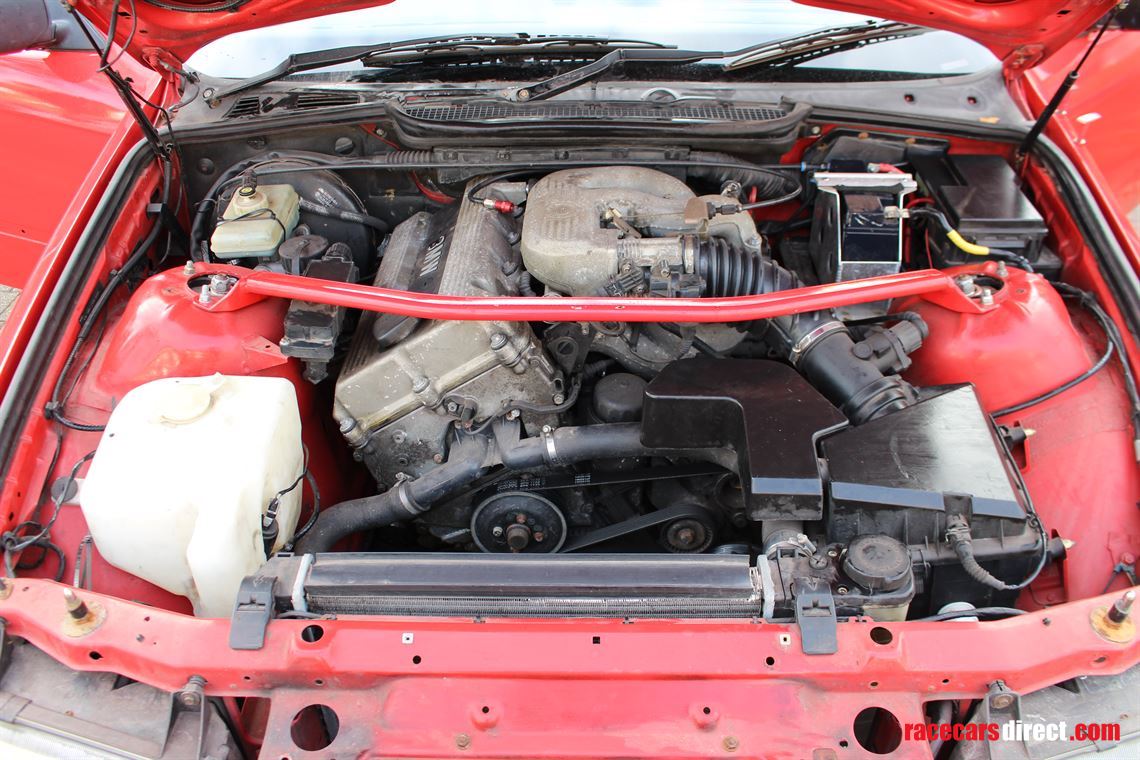Preserving Your BMW 318ti: Vital Tips for Longevity
Preserving Your BMW 318ti: Vital Tips for Longevity
Blog Article
Vital Considerations for Selecting the most effective Engine for Your Demands
In the realm of selecting the perfect engine to satisfy your needs, numerous crucial elements demand thorough factor to consider to ensure optimum performance and performance. From the nuanced equilibrium in between power and efficiency to the often-overlooked facets of maintenance and solution needs, each facet plays a critical duty in establishing the most ideal engine for your particular requirements.
Power and Performance
When reviewing engines for ideal efficiency, it is important to focus on both power outcome and performance. Effectiveness refers to how well the engine converts fuel right into functional energy. By thoroughly evaluating both power and effectiveness, you can choose an engine that delivers optimal efficiency and fulfills your demands successfully.
Gas Effectiveness and Economy
Fuel effectiveness refers to the engine's ability to convert fuel into energy with marginal waste, directly impacting operating prices and ecological sustainability. Engines with higher fuel effectiveness not just lower fuel costs yet also decrease carbon exhausts, contributing to a greener procedure.

Compatibility and Application
Taking into consideration the fuel performance and economic climate of an engine, the next important facet to address is its compatibility and application within details functional contexts. Compatibility refers to how well the engine incorporates with the total system or devices it powers. It entails aspects such as physical measurements, mounting alternatives, electrical interfaces, and control systems. Making certain compatibility is vital to stop concerns such as overheating, vibrations, or power inequalities (bmw 318ti).
Additionally, the application of the engine is equally crucial. Different engines are made for particular purposes, whether it be industrial machinery, marine vessels, vehicles, or power generators. Understanding the desired application enables for the selection of an engine that can supply the necessary power outcome, torque, and functional qualities. For example, a high-revving engine created for performance cars and trucks would certainly not appropriate for durable building tools that requires high torque at reduced rates.
Maintenance and Solution Demands
Upkeep and solution requirements play an important duty in ensuring the longevity and optimal efficiency of an engine. Normal upkeep is necessary to protect against failures, expand the lifespan of the engine, and maintain its performance. When picking an engine, it is crucial to think about the producer's advised upkeep schedule and the schedule of solution centers or certified specialists.
Factors such as the frequency of oil modifications, filter substitutes, and general inspections can substantially impact the engine's efficiency. Some engines might need even more constant servicing based on their design and usage, while others may have longer intervals in between upkeep checks. It is important to follow these service demands to stay clear of expensive repair work and read review unexpected downtime.

Price and Spending Plan Considerations
When choosing an engine for a specific application,Spending plan restrictions usually play a significant role in the decision-making procedure. When taking into consideration the cost and budget plan implications of selecting an engine, it is important to analyze not just the preliminary purchase price however likewise the long-lasting expenses connected with maintenance, fuel consumption, and prospective upgrades or repair work. It is essential to strike a balance between the upfront price of the engine and its overall lifecycle prices to make sure that the selected engine remains economically lasting throughout its operational lifespan.
Elements such as gas sturdiness, performance, and reliability can directly impact the complete cost of possession of an engine. While a much more expensive engine may have higher ahead of time costs, it can potentially result in reduced maintenance and fuel expenditures over time, hence supplying much better value over time. Additionally, taking into consideration the availability and price of extra parts, along with the simplicity of upkeep and service, can help avoid unanticipated financial pressure in the future. By very carefully assessing these expense and spending plan factors to consider, you can make an educated decision that lines up with your monetary restraints and operational requirements.
Conclusion

Gas performance refers to the engine's ability to transform fuel right into power with marginal waste, directly impacting operating expenses and environmental sustainability.Variables influencing gas efficiency include engine layout, burning performance, and general efficiency optimization. In addition, picking the proper fuel kind and quality as suggested by the engine producer can further improve performance and extend engine lifespan.
Engines with good use attributes and conveniently available components can decrease maintenance expenses and minimize the time the engine is out of operation - bmw 318ti. It is essential to strike an equilibrium between the ahead of time price of the engine and its overall lifecycle prices he has a good point to make sure that the chosen engine continues to be economically lasting throughout its functional lifespan
Report this page